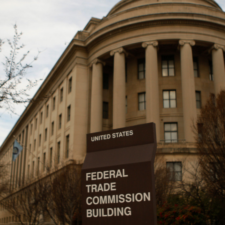
The Federal Trade Commission (FTC) will be hosting an open meeting this week to vote on the potential expansion of the Business Opportunity Rule. This Advanced Notice of Proposed Rulemaking (ANPRM) will gather information and gauge whether or not the FTC will actively proceed with a Notice of Proposed Rulemaking on this topic.
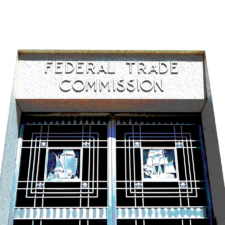
At a preliminary injunction hearing June 30th in the U.S. District Court for the Eastern District of Michigan, federal district court judge Bernard A. Friedman required the FTC to provide more evidence in its case against Financial Education Services.
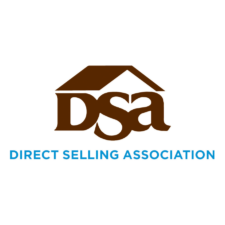
The Direct Selling Association (DSA) hosted a Legal and Regulatory Seminar in Washington D.C. as an opportunity for direct sellers and industry professionals to listen to government regulators and policymakers.

The Federal Trade Commission (FTC) announced enforcement priorities in a new agency policy statement, outlining areas of potential harm and emphasizing that traditional principles of consumer protection and competition apply to gig companies.
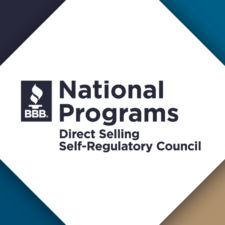
The Direct Selling Self-Regulatory Council (DSSRC) has referred Vyvo, Inc. and certain earning claims to the Federal Trade Commission (FTC) for possible enforcement action.
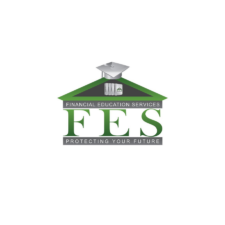
The Federal Trade Commission has taken action against Financial Education Services and its owners, Parimal Naik, Michael Toloff, Christopher Toloff and Gerald Thompson, as well as a number of related companies. In response to a complaint filed by the FTC, a federal court has temporarily shut down the credit repair company. The FTC’s complaint alleges that the […]

One of the most important features of a non-deceptive income claim is that it is supported by unbiased data. And in recent years, the FTC has repeatedly emphasized that representations about income opportunities should reflect the earnings of a typical distributor.
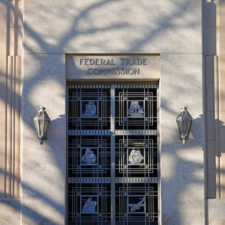
The FTC expressed interest in requiring companies to provide substantiated earnings claims without hyperbole or the use of hypothetical or past profits to consumers, and is considering whether lifestyle claims could be addressed in this rule as well.

In a statement this week, the Direct Selling Association (DSA) expressed its continued support of the efforts made by the Federal Trade Commission (FTC) to stop false product claims connected to the COVID-19 virus.

In these Notice of Penalty Offenses, the FTC highlighted the use of social media, which they believe has “blurred the line between authentic content and advertising, leading to an explosion in deceptive endorsements across the marketplace.”

The Direct Selling Self-Regulatory Council (DSSRC) of the BBB National Programs has referred Q Sciences to the Federal Trade Commission (FTC) and the Utah Attorney General’s Office for possible enforcement action. This referral comes after Q Sciences failed to adequately respond to the DSSRC’s concern about certain earnings and health-related product performance claims made by the company, which distributes and markets health-related and wellness products.

Following the Supreme Court’s unanimous ruling that the FTC had been incorrectly wielding its power concerning Section 13(b) of the FTC Act, it appeared that the FTC’s power to inflict monetary damages without first subjecting themselves to the administrative processes found in Section 5 of the FTC Act would be limited.